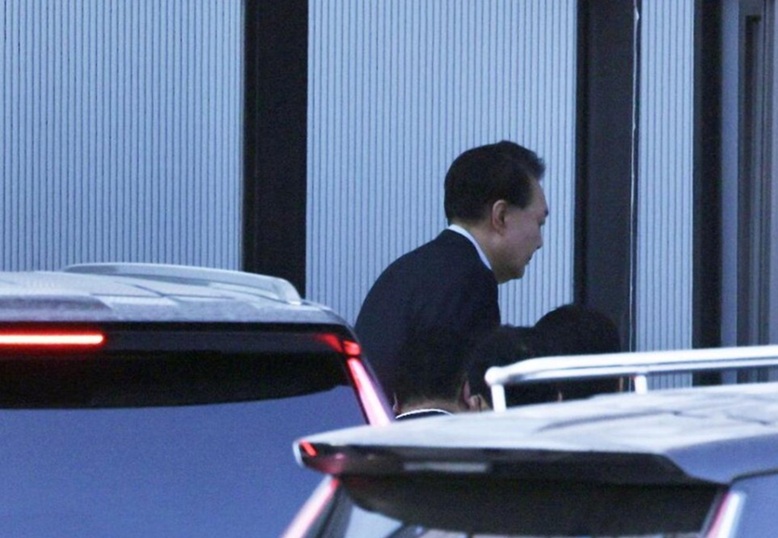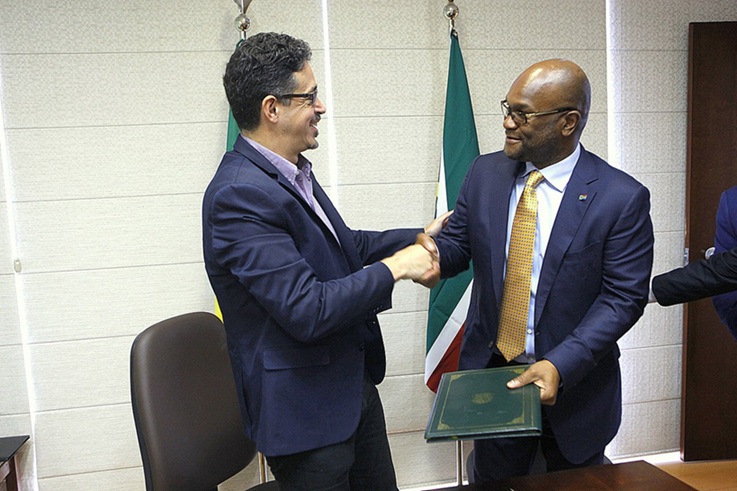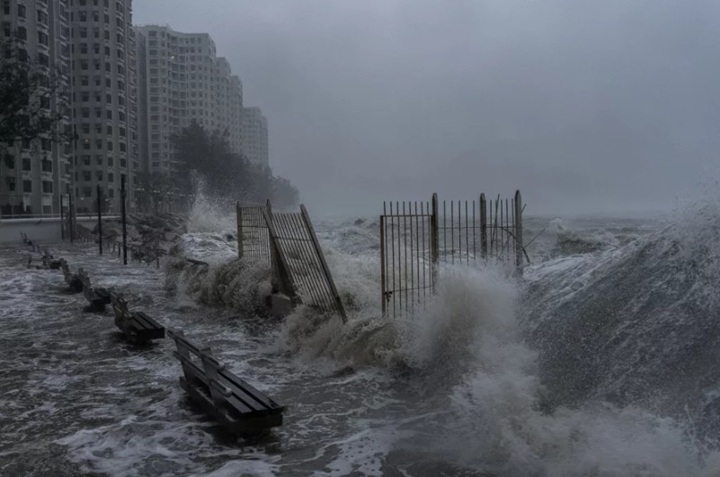South Korea’s political arena is ablaze with controversy as President Yoon Suk Yeol finds himself in an unprecedented position—detained for questioning by anti-corruption investigators. This marks the first time a sitting South Korean president has been subject to such scrutiny, adding fuel to a political inferno ignited by Yoon’s martial law declaration last month. His supporters wave flags and chant patriotic slogans, while opponents demand his resignation, underscoring the deep divisions that threaten to unravel the nation’s democratic fabric.
The martial law decree, which Yoon justified as necessary to “safeguard a liberal South Korea,” has sparked widespread backlash. Critics argue it’s a troubling echo of the country’s authoritarian past, with Yoon’s insurrection charge carrying the grim specter of a life sentence—or worse. Despite the gravity of the accusations, Yoon has dismissed the investigations as a politically motivated “witch hunt,” fueling an already volatile situation as impeachment proceedings continue to unfold.
Adding to the drama, Yoon released a defiant video message after his arrest, denouncing the legal actions against him as a “collapse of the rule of law.” Meanwhile, the streets surrounding his residence and detention center have become battlegrounds for demonstrators braving freezing temperatures, with slogans and chants that reveal the nation’s polarized state. The political crisis has shaken South Korea’s leadership to its core, leaving acting officials to manage an increasingly fractious government.
The stakes are high as Yoon faces an impeachment trial that could drag on for months, with the Constitutional Court holding the final say on his fate. As the drama unfolds, the country remains mired in uncertainty, its democratic institutions under strain. Whether Yoon emerges vindicated or permanently removed from power, this chapter in South Korea’s political saga will undoubtedly leave a lasting mark on its history.
(Source: BBC | Yonhap News)









